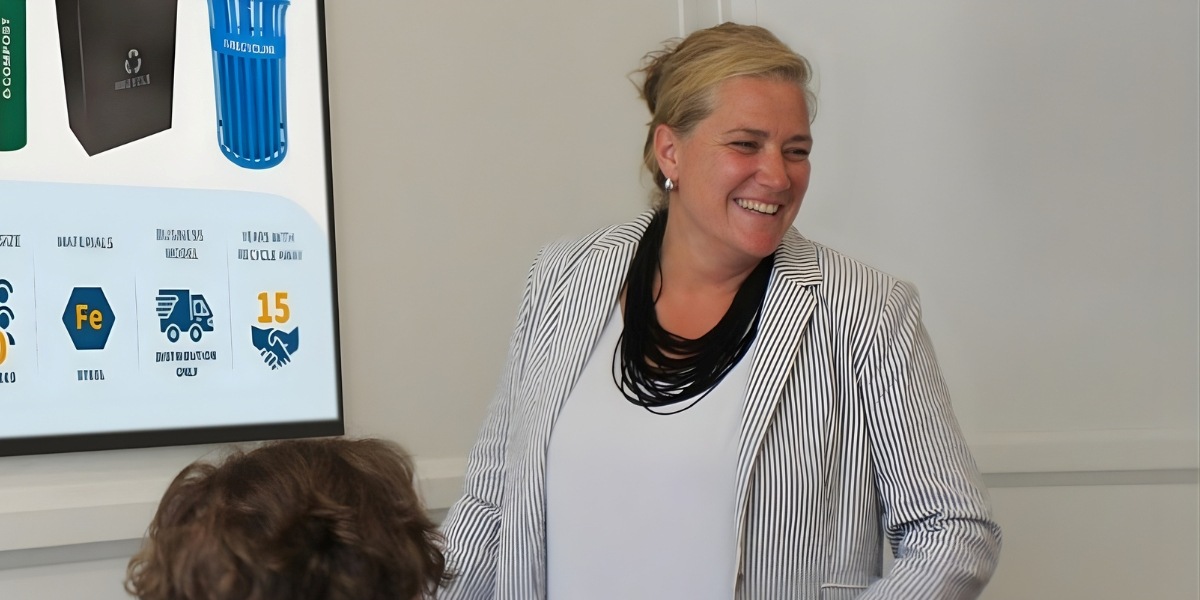By: Esther Katz, C.HY, Rapid Transformational Therapist™
In 2021, after raising $45M for an AI startup, I was hired by a supply chain innovation company backed by Walmart’s execs. The founder, in his late 30s, was an idealist with big ambitions, so I went to work. We raised $23M in twelve months and were gearing up for the next growth phase. Then, without warning, the founder unraveled mentally. The investors lost everything despite efforts to revive the company.
I have a direct message for tech startups: include mental healthcare in your budget. It could make the difference between success and failure. As a growth executive in tech, having launched startups since 2011 and contributing to over $100M in fundraising efforts, I became increasingly concerned about the emotional stability of tech industry leadership and its impact on overall industry performance.
During my fifteen years working in deep tech as a Chief of Growth, CMO, advisor, and consultant with over 200 companies, most startups collapsed due to leadership issues stemming from emotional instability, lack of self-awareness, and poor relationship-building. Only a smaller portion failed due to challenges related to product-market fit.
Now, as a Rapid Transformational Therapist (RTT™), I help my clients, including other startup executives, navigate these challenges as they embark on their new ventures.
RTT™ is a hybrid method that combines neuroscience, hypnosis, NLP, and talk therapy. RTT™ protocols identify the root cause of people’s behaviors and release trapped thoughts, beliefs, and emotions. In short, it rewires your brain to handle stress efficiently. A unique benefit of RTT ™ is that many clients report noticeable improvement after one to three sessions, though individual results may vary depending on the issue’s complexity. The startup and VC world is fast-paced. Traditional talk therapy can take 15-20 sessions, if not years, before you start seeing results. Nobody has time for that. RTT incorporates Neuro-Linguistic Programming, Cognitive Behavioral Therapy, psychotherapy, and hypnotherapy, offering a focused approach to therapy. Some practitioners consider it a rapid intervention, though long-term outcomes depend on the individual and the issue being addressed.
In 2022, 70% of chief executives said they were “seriously considering quitting” for their well-being. In 2023, 72% of startup founders reported suffering some form of mental health ailment, yet 81% are not open about those risks, only 23% see a psychologist, and 10% discuss them with their investors.
Some CEOs have turned to psychedelics, such as ayahuasca, as an alternative to traditional therapy. A 2019 study found the substance can improve emotional regulation while reducing negative judgments and impulsive emotional responses.
However, psychedelics introduce other risks. As Austen Allred, co-founder and CEO of BloomTech, posted on X, “Of the Silicon Valley founders I know who went on some of the psychedelic self-discovery trips, almost 100% quit their jobs as CEO within a year.”
Executives try psychedelics because they know they are suffering, but regular talk therapy does not crack through the intellectual barrier of their consciousness. In RTT, we work on a subconscious level without hallucinations and withdrawal.
When venture capitalists assess startups, they often overlook psychological due diligence, basing their decisions on external factors rather than how the founders might react mentally under extreme stress. Even Harvard Business Review doesn’t consider the mental strain when analyzing why more than two-thirds of ventures failed. This oversight can create a roller coaster ride of unforeseen challenges.
Recognizing this gap inspired me to launch my practice, which equips founders and investors with tools for better mental resilience and communication skills.
Dr. Tara Swart, whose work I follow closely, has advised large corporations on the importance of mental health for their top executives. The neuroscientist explains that the mind-body connection is crucial to business leaders because mental stress is physically contagious. Research highlights the physical effects of stress, including the production of cortisol, a stress hormone. Some studies suggest stress can influence group dynamics, particularly when exhibited by key leaders. Therefore, Swart warns that a CEO’s stress level will trickle down, even if the leader tries to hide their negative emotions.
Fortunately, some investors are changing the stigma surrounding mental health. Business Insider cites firms like Felicis Ventures and Seven Seven Six that “commit 1% on top of every new investment for founders to pay for services like coaching and therapy.”
The more I understood that startups’ high failure rate stems more from personal issues than financial or operational challenges, I felt compelled to develop a transformation therapy practice for tech executives. My program aims to strengthen leadership, improve team dynamics, predict crises, and create a stable growth environment.
After finishing two major growth projects for RWA and decentralized governance in July, I spent August in the Tuscan hills, reflecting on the leadership crisis plaguing startups. My belief is simple: you can’t fix what you don’t understand, and you can’t understand the real underlying reasons for business success and failure if you do not tap into the subconscious of your key decision-makers.
RTT is designed as a focused method to help individuals access deeper levels of self-awareness, supporting personal and professional growth.
To learn more about the StartUp Leadership Program, visit rapid-therapy.com.
Published By: Aize Perez










